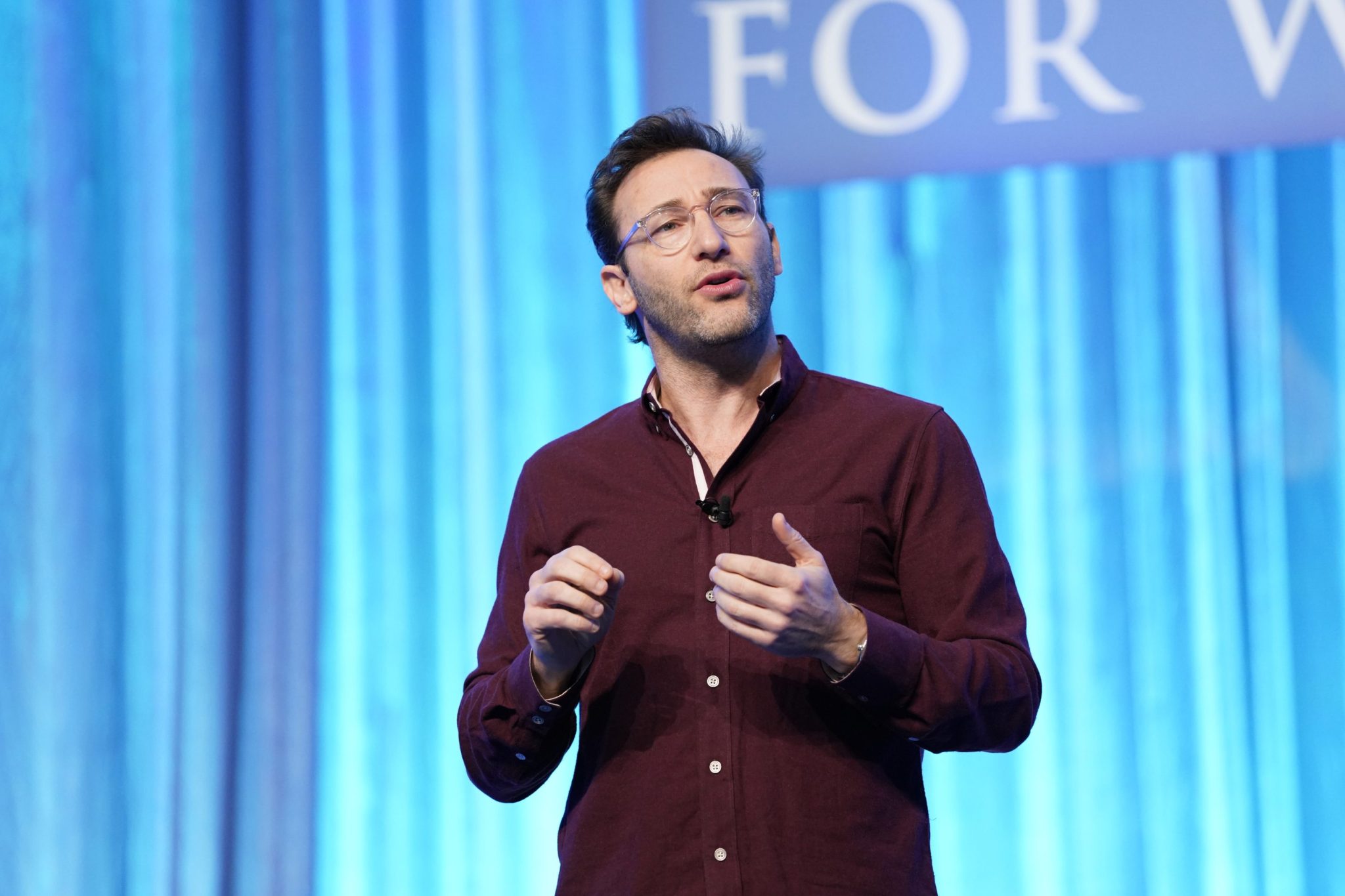Simon Sinek says the most successful people in the world ‘hit zero’ or came close to it: Failure is ‘the gift’


While it may feel as if successful people are leaps and bounds ahead of the rest of us, people who have made major career or business accomplishments have also been in the trenches.
In fact, management guru Simon Sinek said all successful people have hit rock bottom before reaching their pinnacle.
“I have never met a successful person in my life who learned anything when things went well,” Sinek told Chris Williamson in his podcast Modern Wisdom. “They learned every lesson they needed to learn that helped them achieve when things went horribly wrong.”
Sinek is most recognized for his 2009 TED Talk about the concept of “why,” and his “Golden Circle” theory, which encourages leaders and organizations to define their core purpose or belief as the basis for inspiring employees and customers. His TED Talk was one of the most-watched of all time with more than 60 million views on the TED website alone. Today he maintains more than 8.7 million followers on LinkedIn.
“The most successful people in the world—every single one of them—hit zero or came damn close to it, almost every single time,” he continued. Failure is “the gift.”
The relationship between failure and success
Failure is an essential prerequisite for success, according to a 2019 study by Northwestern University researchers. To prove their point, the researchers analyzed 46 years’ worth of venture-capital startup investments, among other data points.
“Every winner begins as a loser,” Dashun Wang, professor of management and organizations at Northwestern’s Kellogg School of Management, told Scientific American. Wang, who conceived of and led the study, also serves as the Kellogg chair of technology among other leadership positions at Northwestern.
Wang emphasized, however, failure only works in favor of success if you learn from it, though.
“You have to figure out what worked and what didn’t, and then focus on what needs to be improved instead of thrashing around and changing everything,” he said. “The people who failed didn’t necessarily work less [than those who succeeded]. They could actually have worked more; it’s just that they made more unnecessary changes.”
One of the most famous examples of a major business leader succeeding from failure was Apple’s visionary cofounder Steve Jobs. In 1985, Apple’s board voted to remove Jobs from his post. But in a 2005 commencement address to the graduating class of Stanford University, Jobs admitted his fear of death ultimately drove his decisions in life and allowed him to overcome fear of failure. (Jobs returned to Apple in 1997.)
“Remembering that I’ll be dead soon is the most important tool I’ve ever encountered to help me make the big choices in life,” Jobs said. “Because almost everything—all external expectations, all pride, all fear of embarrassment or failure—these things just fall away in the face of death, leaving only what is truly important.”





